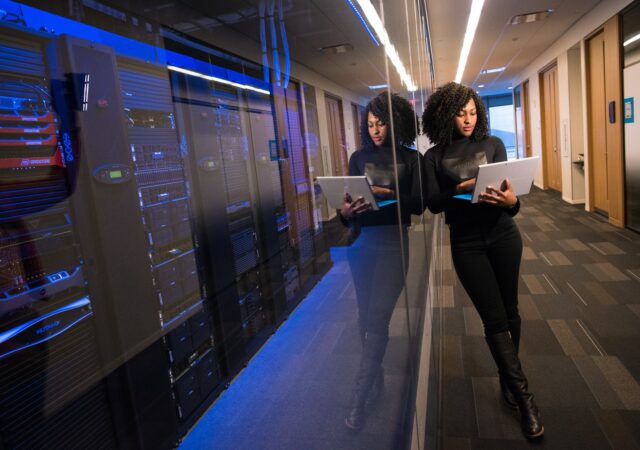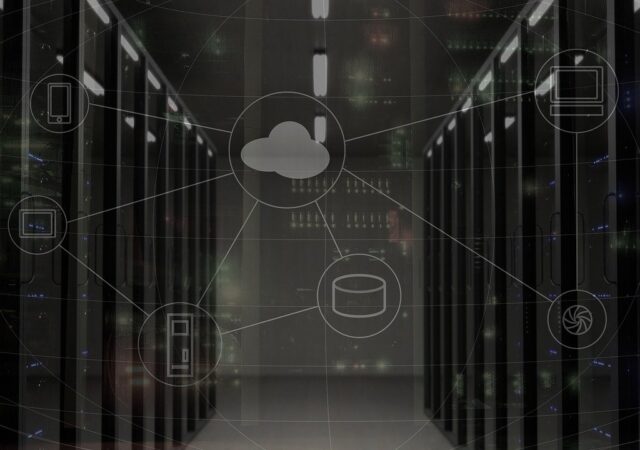Business resilience during the COVID-19 pandemic has been at the forefront of any executive’s mind. We speak to AWS to find out some of the hallmarks of businesses showing resilience.
Samsung Holds the AI Forum 2020 via YouTube in November 2020
Samsung is holding their 2020 AI Forum to talk about all things ‘Artificial Intelligence” on the 2nd of November 2020 via YouTube.
CFO, CIO Collaboration Is Crucial For COVID-19 Era – And Beyond
With digitization being driven to new heights with the current pandemic, it has become even more crucial for C-level executives to be more collaborative especially when ti comes to the CFO and CIO.
The Future of Work: A Shift from HQ to Business Center
The future of businesses is quickly changing with the COVID-19 pandemic. More and more businesses empower work from home while maintaining or increasing productivity, So where do we go from here?
Tech & Tonic Kre8tif! 2020 Special featuring Hasnul Hadi Samsudin
In this special, we talk to Hasnul Hadi Samsudin about Kre8tif! 2020, one of the largest conferences for animation and creative properties in Southeast Asia.
Can cybersecurity keep up with flexible work arrangements?
As companies move to a remote workforce in light of the COVID-19 pandemic, they face an unprecedented cybersecurity risk as they are forced to widen their network. So what can companies do about it?
The Top Skills a Cloud Architect Needs to Be Successful
In world that is rapidly undergoing digitalization, the skill required by employers are also rapidly evolving. Take a page out of Paul Chen’s book as he highlights some of the more important skills for cloud architects.
Discovering AWS Outposts with Paul Chen
techENT sits down with Paul Chen from Amazon Web Services (AWS) to talk about their new AWS Outposts solution.
AWS Outposts – Empowering Innovation & Low Latency Connectivity
AWS Outposts announced at the recent AWS Re:Invent brings a new definition to hybrid cloud for companies needing low latency connectivity.
Ditching Helio for Dimensity – MediaTek’s Premium 5G Experience for Mid-Range Smartphones
MediaTek just announced their new Dimensity 720 SoC with 5G network capabilities for mid-range smartphones with 90Hz display support.

















